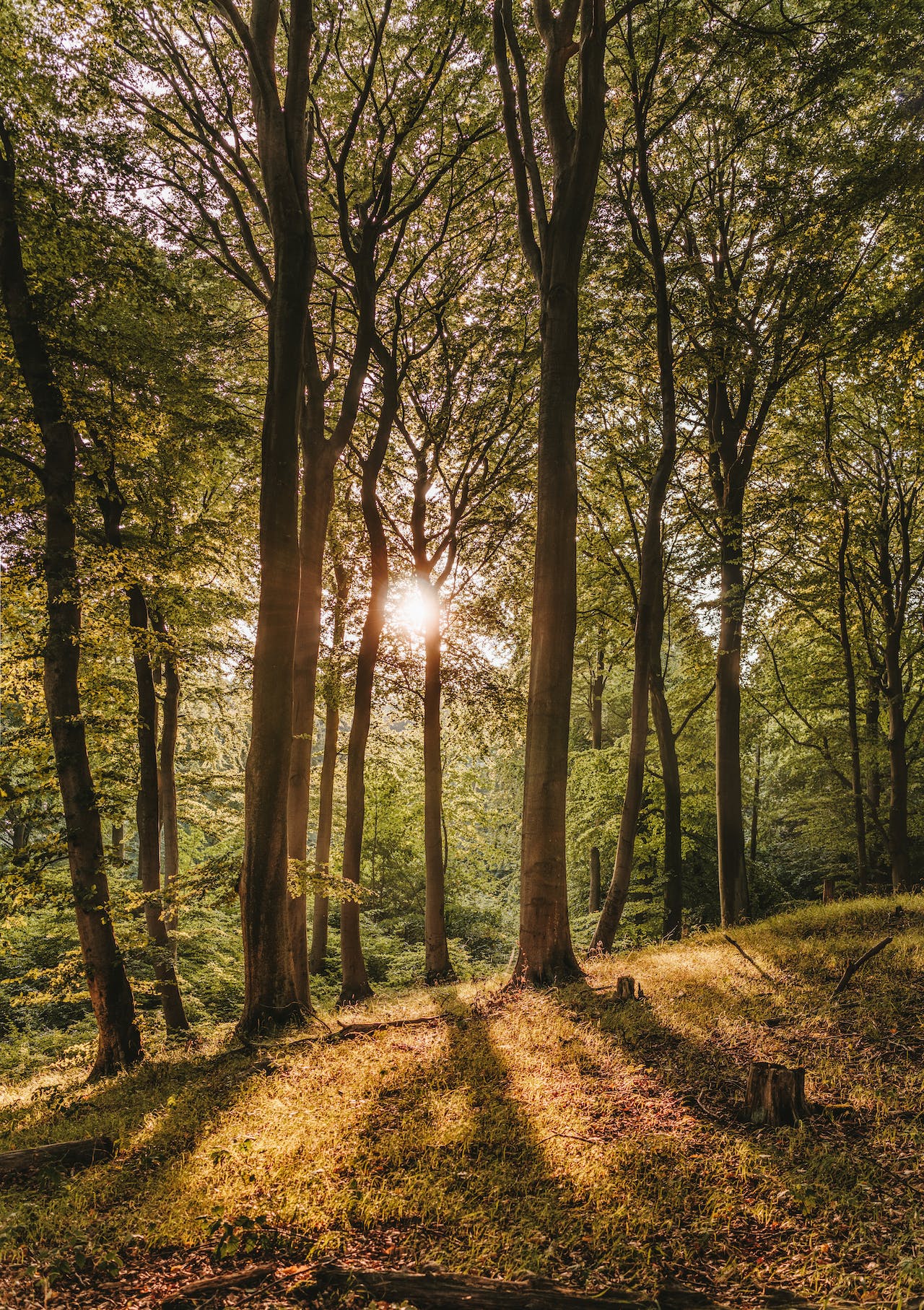“And it is He [God] who set you as vicegerents on Earth…”
(Quran, 6:165)
If it’s suggested that when you are given something as a loan, the lender has entrusted you with its care and safeguarding, you’d agree, wouldn’t you? Regardless of the length of time of the loan, you are responsible for that item for the entire duration of your temporary possession of it. The more important the item, the more vital it is that the responsibility is taken seriously.
The above-mentioned verse from the Quran quite nicely encapsulates this core value in terms of what is the most important loan given to humanity: Earth. Muslims believe that God created the heavens and the earth, and that humankind has been appointed as God’s deputies to look after the earth. This is, of course, both an incredible blessing and a hefty responsibility. Unfortunately, we tend to take gross advantage of the former and conveniently forget about the latter.
Responsibility, in all its shapes and forms, is given great emphasis in Islam. Being a Muslim entails using God-given resources in a careful and conscientious manner, and repairing, to the best of our ability, any damage we cause.
The Quran hints at the careful balance that holds our planet and atmosphere together, and our responsibility to respect this balance:
“And the sky He has raised high, and He has set up the Balance, that you may not exceed (due) balance.”
(Quran, 55:7-8)
So Islam established being ‘green’ as a core principle more than 1400 years ago… who’d have thought, eh?

